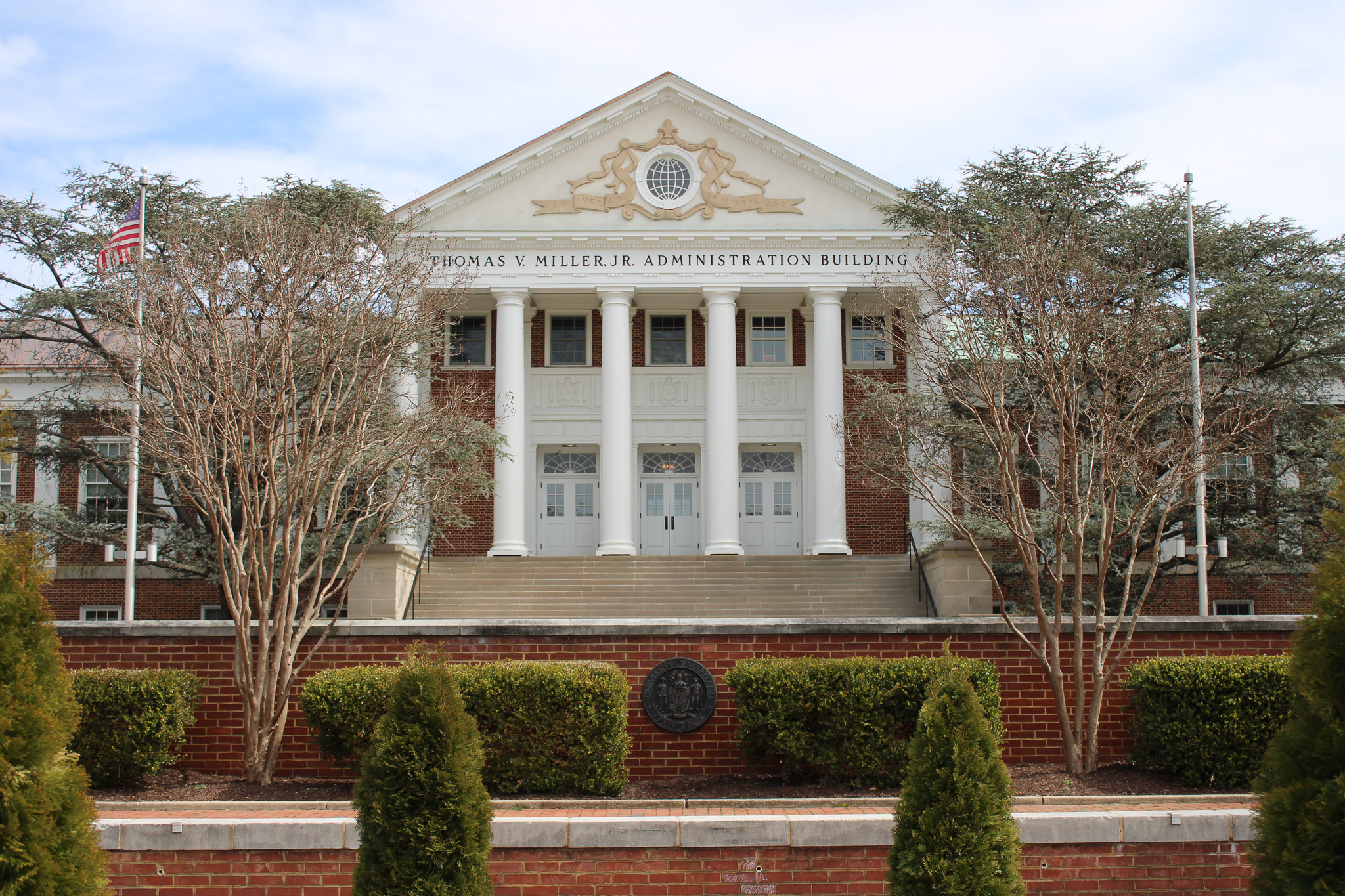The University Senate discussed the results of the University of Maryland’s Belonging and Community Survey and established a new doctoral and master of science biostatistics degree during its meeting Wednesday.
The survey aimed to assess community members’ experiences, perceptions and sense of belonging at this university, according to the survey’s website. It was available from April 3 through May 3, according to this university’s diversity and inclusion office.
About 23 percent of this university’s students, staff and faculty responded to the survey, the website said.
Stephanie Chang, the assistant vice president of this university’s diversity and inclusion office, and Dawn Culpepper, the director of this university’s ADVANCE Program for Inclusive Excellence, presented about the survey on Wednesday.
The survey was a campus-wide effort from students, faculty and staff, Chang said.
[UMD student tour guides reflect on transition to paid model]
This university partnered with Rankin Climate, a company that assesses data about school climate, for the survey.
Dan Merson, Rankin Climate’s executive vice president, said 78 percent of undergraduate students and 75 percent of graduate students who completed the survey reported they felt “comfortable” or “very comfortable” with this university’s overall climate.
About 72 percent of faculty and 75 percent of staff also felt “comfortable” or “very comfortable,” Merson added.
Merson noted that 18 percent of undergraduate students who responded to the survey considered leaving this university. Half of those students said they considered leaving due to lacking a sense of belonging, he explained.
Culpepper said Rankin Climate’s findings will be released to the university community in the coming weeks.
This university’s new biostatistics graduate programs are sponsored by the epidemiology and biostatistics department within the public health school. The programs will help address the workforce shortage in biostatistical and public health-related fields, according to senate documents.
[UMD students wait more than 5 hours to vote at Stamp Student Union]
Senator Typhanye Dyer, who represents this university’s public health school, said many schools including Johns Hopkins University, UCLA, University of Michigan and the University of California, Berkeley have a master of science biostatistics program.
All “top-tier” universities have a doctoral program in biostatistics, according to senate documents. Not having a program inhibits the department’s ability to attract faculty, secure grants and maintain rankings, the documents stated.
The doctoral program will require 48 or 60 credits, depending on the student’s prior education, said Wendy Stickle, the chair of the senate’s programs, curricula and courses committee. The master’s program will require 43 credits, Stickle added.
The program will also offer students who cannot finish the doctoral program the opportunity to earn a graduate degree in biostatistics.
Elizabeth Beise, the associate provost for academic planning and programs, said that this university usually offers exit plans for doctoral students, which primarily entails the companion master’s program.
The two proposals presented to the senate Wednesday offered an education plan for both programs, including potential courses, learning assessments and faculty that would teach within the programs. Neither program would require additional resources, faculty or funds from this university.



